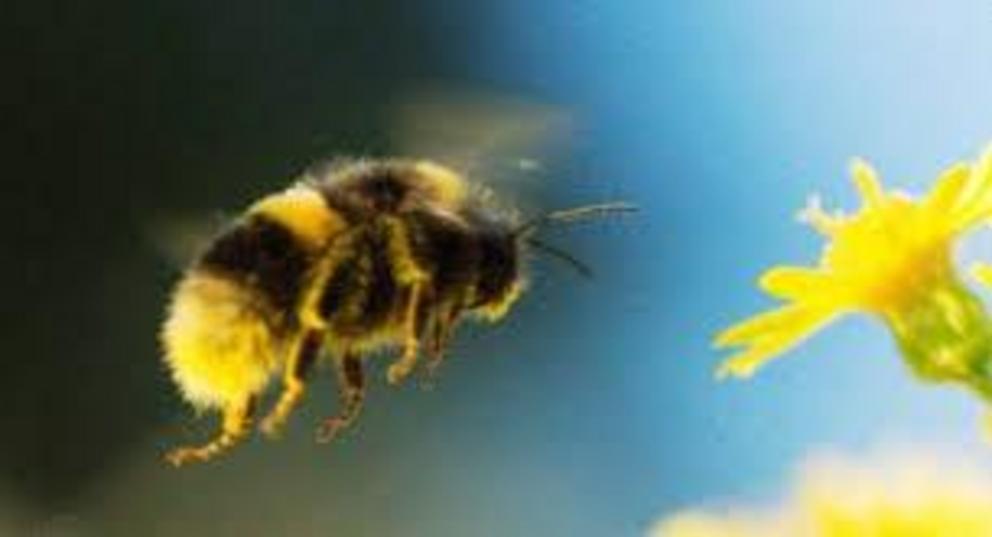By pollinating just a handful of crops, wild bees contribute over $1.5 billion per year
It's not just honeybees that pollinate our crops and put food on our plates. In North America alone there are roughly 4,000 species of native bee, and new research has calculated these wild insects provide over US$1.5 billion each year from pollinating just a handful of crops.
Analysing the production of 131 commercial farms in the United States and Canada, scientists have shown that even in areas with intense agriculture where honeybees are abundant, wild bees play a comparable role in producing our food.
That's not surprising when you consider recent analysis of international bee research, but in the past, studies in the US have found domesticated honeybees to be much more important than wild ones.
"We found that wild bee abundance on crop flowers in major USA production regions is higher than previously thought," the authors of the new study write.
"This, combined with the greater pollination efficiency of many native bees makes their importance in agricultural pollination more in line with previous estimates from other parts of the world than with previous estimates from the USA."
Five of the seven crops studied were found to yield more fruits, vegetables or nuts when pollinated by more bees, which means even in places where honeybees are kept, wild bees can help boost farmer profits.
Blueberries, apples, sweet cherries, tart cherries, almonds, watermelons and pumpkins all depend strongly or absolutely on insect pollination. In several of these, wild bee species deposit more pollen per visit than the honeybee, even 1.5 to 2 times more when it comes to tart cherries and apples.
For pumpkins, wild bees were actually found to be the main pollinators, visiting nearly three-quarters of the time compared to honeybees, and for tart cherries and apples, native species made up roughly a third of the visits.
Other crops, like blueberries, watermelons and almonds, were more the domain of honeybees, although the landscape may play a role here.
"The proportion of visits from each type of bee was remarkably consistent across states within each crop, with the exception of watermelon, for which wild bees were four times as abundant in Florida as compared to California," the authors write.
The way that pollination impacts crop production is poorly understood, but this multi-region study allows us to hone in on the overlooked contributions of wild bees.
Recent research has shown that wild bees can increase yields across many types of crops, and even when they visit less often than honeybees, they can deposit many times the amount of pollen.
But wild bees are also far more endangered, despite receiving a fraction of the attention. In the last century, half of all native species in the US Midwest have disappeared.
Focusing on big commercial farms, the new study explores how this dramatic decline could impact the larger food economy, something that has yet to be properly calculated.
"We found the overall contribution of wild bees to be similar to (or higher than) that of honeybees in most of the crops we studied," the authors conclude.
"This result is in contrast with our expectation that sampling in agriculturally intensive areas would reveal greatly reduced wild bee contributions to crop pollination. Our data suggest that instead, wild bees are able to persist in many of these managed landscapes and make a significant, although variable, contribution to crop pollination."
To protect these important pollinators and our crops we need targeted conservation efforts, as some farming practices may only harm wild bees, and not honeybees.
We can't keep overlooking their native counterparts for much longer.
The study was published in the Proceedings of the Royal Society B: Biological Sciences.

